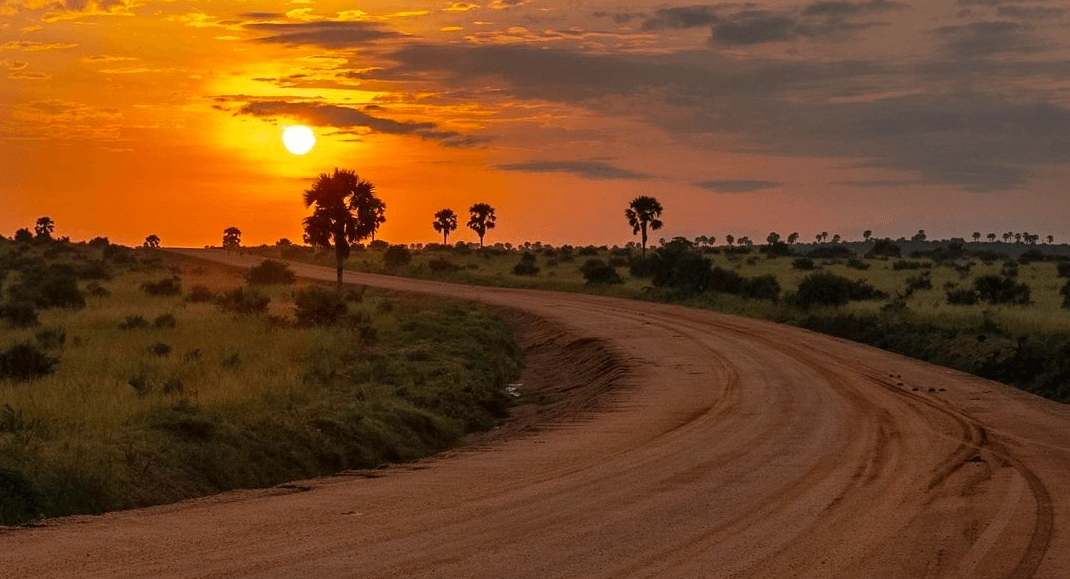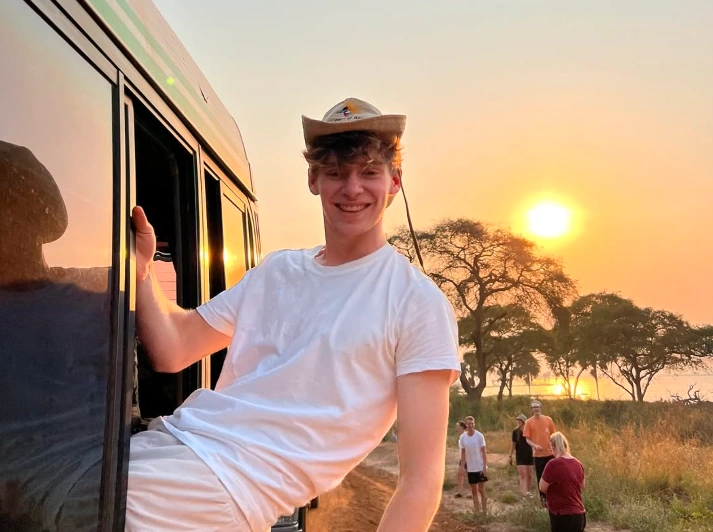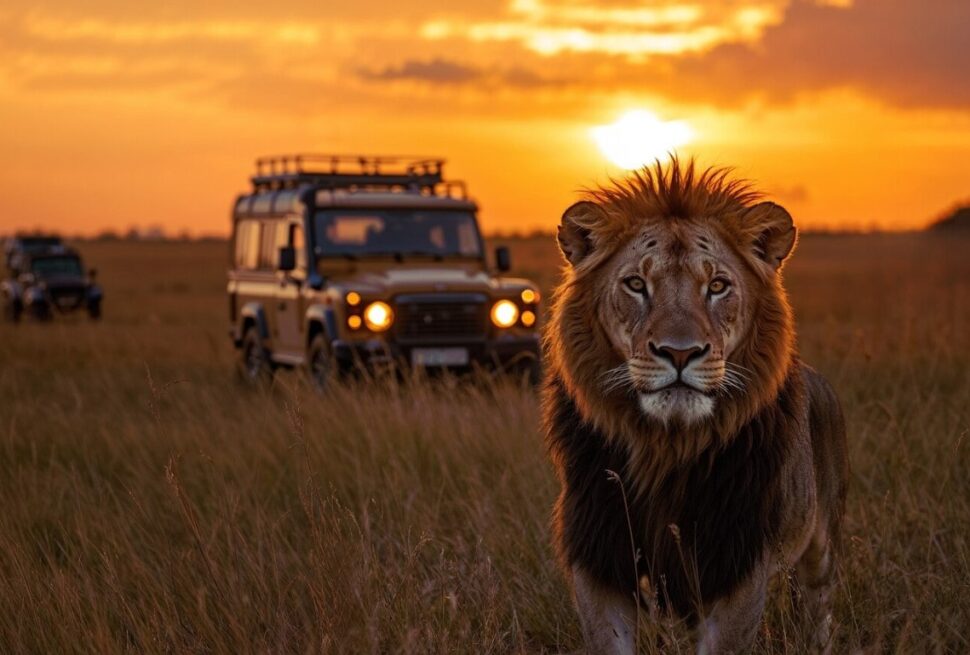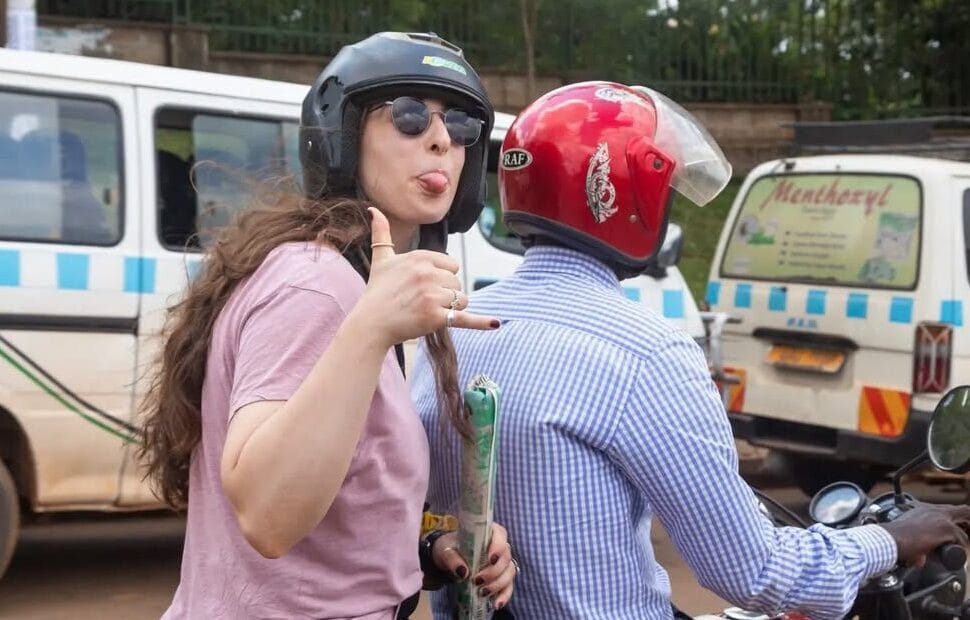When you head out on safari in Uganda, it’s easy to focus on the thrill of the wild — tracking gorillas, chasing sunsets across savannahs, cruising past hippos on the Nile. But behind every unforgettable moment is a finely tuned system that keeps Uganda’s tourism heartbeat alive.
From powerful government boards to passionate private associations, Uganda’s safari industry is a layered, collaborative space — and knowing who’s who can actually enhance your safari choices.
Let’s peel back the curtain.
Key Takeaways
- Uganda’s safari sector is managed by both government agencies and private associations that promote, regulate, and safeguard tourism.
- Key statutory bodies include UWA, UTB, AUTO, and the Ministry of Tourism.
- Private sector players, often linked to the Uganda Tourism Association (UTA), include hotel owners, tour operators, and local community tourism initiatives.
- Understanding these organizations can help you identify credible safari providers and support responsible travel in Uganda.
- Groups like Friend a Gorilla and USAGA play unique roles in conservation and tourism development.
a) The Statutory Boards
1. Uganda Wildlife Authority (UWA)
The Uganda Wildlife Authority (UWA) is the backbone of wildlife conservation in Uganda. They manage the country’s national parks like Bwindi, Queen Elizabeth, Murchison Falls, and Mgahinga, safeguarding endangered species and regulating activities like gorilla trekking in Uganda.
If you’re securing gorilla trekking permits in Uganda, doing a game drive, or heading out for a boat cruise, UWA is the authority setting the rules, pricing, and conservation standards.
They’re also the stewards of important wildlife sanctuaries like the Ziwa Rhino Sanctuary.
2. Uganda Tourism Board (UTB)
The Uganda Tourism Board (UTB) promotes Uganda as the ultimate safari destination. UTB focuses on marketing, international trade shows, and setting quality assurance standards for tour operators, hotels, and guides.
They regulate the licensing of safari companies — a solid reason to double-check if your operator is registered here.
3. Association of Uganda Tour Operators (AUTO)
AUTO is a private-sector organization but holds government recognition. It’s essentially a trusted stamp. Many top safari companies (including us at Dust & Echo) are AUTO members.
AUTO works closely with UWA and UTB to ensure ethical safari practices, fair pricing, and top-notch safety standards. If you’re wondering how far in advance you should book a safari, AUTO-member operators can offer reliable advice.
4. Ministry of Tourism, Wildlife and Antiquities (MTWA)
The MTWA is the policy-making powerhouse. They create tourism strategies, push conservation policies, and oversee major initiatives like the Friend a Gorilla program — a creative digital conservation effort that connects people to individual gorillas through virtual “friendships”!
b) The Private Sector
Many of Uganda’s top safari experiences are crafted by private associations. Let’s meet a few.
5. Uganda Tourism Association (UTA)
Think of the Uganda Tourism Association (UTA) as the umbrella. It connects different private sector associations and helps push for favorable policies and high standards across the board.
Members under UTA often include:
- AUTO (tour operators)
- UHOA – Uganda Hotel Owners Association
- USAGA – Uganda Safari Guides Association
- UCOTA – Uganda Community Tourism Association
- TUGATA – Travel agents and ticketing companies
Each of these groups plays a vital role in shaping safari experiences, from guiding you through Mabamba Swamp to securing reliable flights.
6. Uganda Hotel Owners Association (UHOA)
UHOA members are behind the charming safari lodges and luxury camps that make your nights in the wild feel like home. UHOA ensures service quality and represents hotel interests at national tourism dialogues.
7. Uganda Safari Guides Association (USAGA)
Guides can make or break a safari. USAGA certifies professional safari guides, promotes local capacity building, and runs training to ensure that the people leading your adventure are knowledgeable, safe, and passionate about Uganda’s wilderness.
8. Uganda Community Tourism Association (UCOTA)
UCOTA champions responsible travel in Uganda. They connect tourists to local communities through cultural tours, village walks, and homestays, directly supporting grassroots tourism.
When you visit the Karamojong tribe or buy handmade crafts, UCOTA likely had a hand in making that connection possible.
9. TUGATA (Travel Agents)
The Tour and Travel Agents of Uganda (TUGATA) is where you’ll find the country’s most reputable travel agencies and ticketing companies. These are the people who can stitch together your flights, safari circuits, and extensions like Ngamba Island Chimpanzee Sanctuary with precision.
c) Friend a Gorilla
The Friend a Gorilla initiative is a fascinating blend of tourism, technology, and conservation. Backed by UWA, it allows you to virtually “friend” a specific gorilla in Bwindi — following its story, receiving updates, and even supporting its protection.
It’s more than a cute digital badge. It’s a direct contribution to conservation, raising funds to protect gorilla families in Uganda and their delicate forest habitats.
For a deep dive into the project’s roots and impact, check out this detailed report from the Wildlife Conservation Society.
Why Knowing This Enhances Your Safari
Understanding Uganda’s safari boards isn’t just trivia. It helps you:
- Choose safari companies that are legitimate and properly licensed.
- Support conservation and ethical tourism.
- Spot meaningful community-based travel opportunities.
When a safari operator proudly says they’re part of AUTO or UTA — that’s a green flag. When your guide flashes a USAGA badge — you’re in good hands.
It’s all connected to your safari’s quality, your safety, and your positive footprint in Uganda.
Uganda’s safari magic isn’t just about the wildlife — it’s about the people, the policies, and the passionate organizations working tirelessly behind the scenes to protect these wild spaces and shape meaningful travel.
When you understand who’s steering the ship — from the national boards to the private associations — you travel smarter. You choose guides who truly know the land. You support conservation that actually matters.
At Dust & Echo, we’re proudly recognized by the Ministry of Tourism, Wildlife and Antiquities and are active members of both AUTO and the Uganda Tourism Association (UTA). That means we’re not just participants — we’re trusted partners in Uganda’s safari community.
If you’re ready to craft a safari with people who live, breathe, and are officially part of this system — request a quote and let’s start building something unforgettable together.
FAQs About Uganda’s Safari Boards
Q: Do I need to check if my tour operator is a member of AUTO?
A: Yes. AUTO membership ensures your operator meets Uganda’s highest standards for safety, professionalism, and ethical conduct.
Q: Who manages gorilla trekking permits in Uganda?
A: The Uganda Wildlife Authority (UWA) exclusively manages all gorilla trekking permits and enforces gorilla trekking rules across national parks.
Q: What’s the role of UTB in my safari?
A: UTB regulates the tourism industry, licenses safari companies, and actively markets Uganda worldwide. They help maintain industry standards.
Q: How can I support community tourism in Uganda?
A: Book cultural tours or stays through UCOTA-certified providers. You can also choose operators who prioritize local guides and community partnerships.
Q: Is Friend a Gorilla still active?
A: The initiative is still referenced by UWA and continues to inspire conservation support, though its digital presence has evolved over the years. Always check the latest from UWA’s website for current programs.





